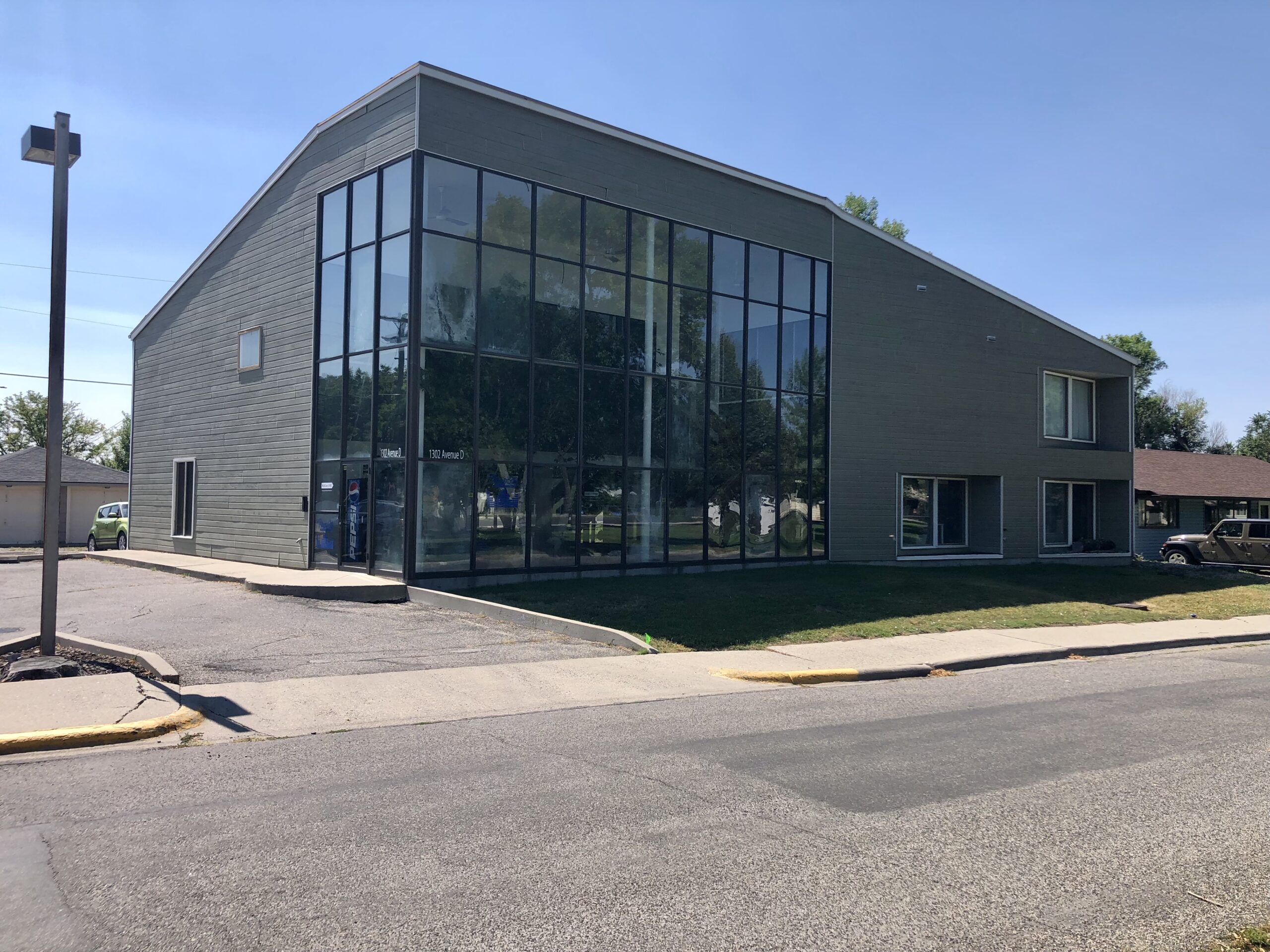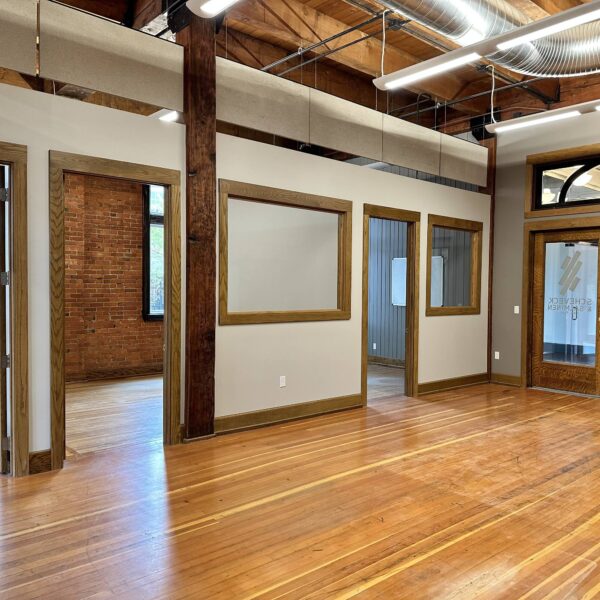Professional buildings are a worthwhile investment, offering long-term returns. When seeking “for sale” options “near me,” understanding local market trends, property values, and zoning regulations is crucial to making informed decisions. Whether you’re a novice to commercial real estate or a seasoned professional, there are several key considerations to keep in mind when buying professional buildings.
Demographics and Location
One of the first things to consider when purchasing a professional building is the area’s demographics and location. Understanding the local population, growth trends, and economic indicators can help determine whether there is a demand for commercial space in that specific location. Additionally, it’s essential to research the neighborhood’s infrastructure, nearby amenities, and accessibility for employees and clients. The location of the building can also impact its value and potential for appreciation over time.
Property Condition
Another crucial factor to consider is the overall condition of the property. A thorough inspection should be conducted to identify any underlying issues or maintenance needs that could affect the building’s value and potential profitability. It’s important to assess the structure, electrical systems, plumbing, HVAC, and any other significant components of the building.
Zoning Regulations
Knowing the zoning regulations in the area is vital when buying a professional building. These regulations dictate how the property can be used, whether it’s for commercial or residential purposes and any restrictions on renovations or improvements. It’s essential to consult with local authorities to ensure that the intended use of the building aligns with the zoning requirements.
Utilizing Online Platforms: Efficiently Locating Professional Buildings for Sale
Online real estate platforms are invaluable tools for finding professional buildings “for sale” in nearby areas. They provide comprehensive listings, photos, and sometimes virtual tours, allowing for an efficient and informed search process.
Property Search Filters
Most online platforms offer advanced search filters that allow users to narrow down their options based on specific criteria. These filters can include property type, price range, square footage, and location. Utilizing these features can help save time by eliminating properties that do not meet your requirements.
Comparison Tools
Another useful feature of online real estate platforms is the ability to compare multiple properties side by side. This feature allows for a quick and easy comparison of key elements such as price, location, and property features. It can assist in making more informed decisions and identifying any potential red flags.
Communication with Sellers
Online platforms also provide easy communication channels between buyers and sellers. This feature allows for direct contact with the seller or their agent, giving buyers the opportunity to ask questions, request additional information, and negotiate terms.
Connecting with Local Real Estate Agents: Insights into Available Buildings
Local real estate agents are knowledgeable about available professional buildings “for sale” and “near me.” They offer insights into property details prices and can guide you through the purchasing process, ensuring you find a suitable building that meets your needs.
Extensive Network
Real estate agents have an extensive network of connections and are often aware of upcoming or off-market properties that may not be listed online. By working with an agent, you can access a broader range of options and potentially find hidden gems.
Support in Negotiations
Negotiating the purchase price of a professional building can be a complex process. Having a trusted real estate agent by your side can provide valuable support and guidance, ensuring you get the best deal possible.
Familiarity with Local Regulations
Local real estate agents are familiar with zoning regulations, building codes, and other legal considerations that may impact the purchase of a professional building. They can help navigate these complexities and ensure that all necessary requirements are met before finalizing the purchase.
Conducting Due Diligence: Evaluating the Condition and Value of Buildings
Before purchasing a professional building “near me,” conducting thorough due diligence is essential. Evaluating the building’s condition, value, and potential return on investment helps in making a sound purchase decision.
Assessing Location and Accessibility: Critical Factors in Professional Building Selection
The location of a professional building is paramount. A building that is easily accessible and well-located “near me” will likely attract more tenants or clients, impacting the profitability and success of your investment.
Navigating Zoning and Land Use Regulations: Compliance in Building Acquisition
Understanding and complying with local zoning and land-use regulations are crucial when purchasing a professional building. These regulations can affect the building’s use, modifications, and overall viability as an investment.
Securing Financing: Exploring Options for Professional Building Purchase
Securing adequate financing is a critical step in acquiring a professional building. Explore various financing options, including loans, mortgages, and investor partnerships, to find the most suitable arrangement for your purchase.
Forecasting ROI: Analyzing Profitability of Professional Building Investment
Analyzing the potential ROI of a professional building “for sale” or “near me” is pivotal. Consider the rental income potential, property appreciation, tax benefits, and operating expenses to determine the investment’s profitability.
Optimizing Investment Strategy: Leveraging Professional Buildings for Long-Term Gain
Optimizing your investment strategy by choosing the right professional buildings “for sale” and managing them efficiently can lead to sustained long-term gains. Regular maintenance, tenant satisfaction, and strategic upgrades play significant roles in maximizing returns.








